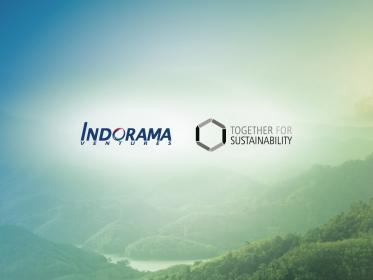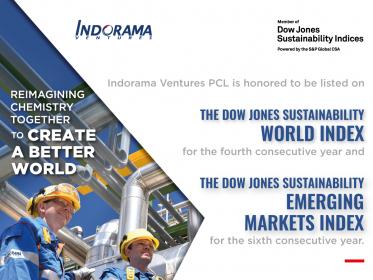Perstorp: Actionable plans in place for reaching 2030 sustainability targets
Sustainable solutions provider Perstorp has turned its ambitious sustainability targets for 2030 into actionable roadmaps on the corporate level as well as for each of its production plants, outlining hands-on activities to lower greenhouse gas emissions, reduce waste, save fresh water and enable sustainable transformation throughout the value chain.
Over the last year, Perstorp has presented ambitious sustainability targets for greenhouse gas emissions (Scope 1, 2 and 3), as well as for water and waste, to be reached by 2030. The company has now supplemented those targets with roadmaps outlining the steps and actions needed to fulfil them and support customers in reducing their carbon footprint as well as lead Perstorp toward its long-term ambition of becoming Finite Material Neutral.
The largest greenhouse gas emissions are found in Scope 3, which includes raw materials and end-of-life treatment of Perstorp’s products. The Scope 3 roadmap includes the steps necessary to drive the transition of the product portfolio from fossil-based to more sustainable, lower carbon footprint alternatives. This, in turn, will help enable Perstorp’s customers to achieve their own sustainable transition. One key project in this roadmap is Project Air, an initiative aiming to replace all the fossil methanol that Perstorp uses in Europe with methanol produced from residue streams such as carbon capture and utilization (CCU) and renewable sources like biogas. This alone is expected to reduce carbon dioxide emissions by 500,000 tons per year.
The corporate Scope 1 & 2 targets (direct greenhouse gas emissions from Perstorp´s production plants and purchased energy), as well as the targets for water and waste, have been broken down into local targets and roadmaps, firmly anchored in the specific prerequisites for each production plant.
Initiatives on reducing energy consumption and shifting to energy from non-fossil or recovered sources can, for example, be found in the local roadmaps, while the steps to reach those targets are tailored specifically to each location. Among the planned local activities are also initiatives to replace fresh water used in the production with purified wastewater and to find different ways to reuse and recycle waste from production.
Perstorp






























